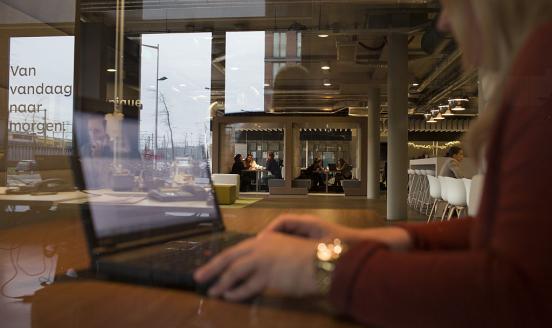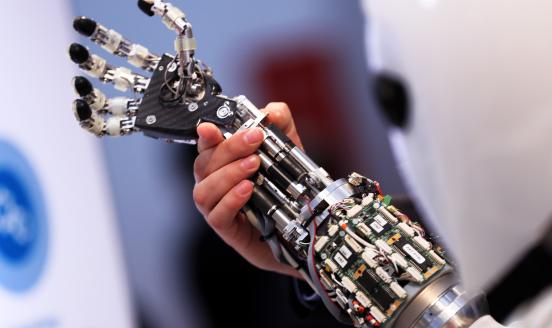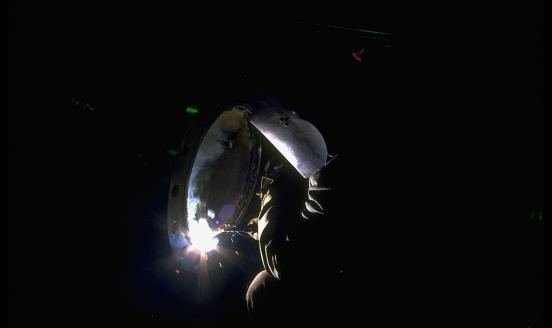Measuring the intangible economy to address policy challenges
The purpose of the first work package of the MICROPROD project was to improve the firm-level data infrastructure, expand the measurement of intangible

This Working Paper is an output from the MICROPROD project, which received funding from the European Union’s Horizon 2020 research and innovation programme under grant agreement no. 822390.
European economies exhibit the so-called ‘productivity puzzle, whereby investments’ in digital technologies and intangible assets have not delivered the hoped-for productivity gains. Explanations for this puzzle lie in the unequal ability of companies to make use of these technologies, and resulting patterns of market concentration, productivity divergence and dampened business dynamism. Access to firm-level data is essential to properly understand these rich dynamics. The purpose of the first work package of the MICROPROD project was to improve the firm-level data infrastructure, expand the measurement of intangible assets and enable cross-country analyses of these productivity trends. The MICROPROD researchers developed the Micro Data Infrastructure (MDI), a centralised platform that harmonises access to the firm-level data gathered by national statistical institutes. The data infrastructure developed through this work package offers valuable insights into the evolution of productivity across the European Union and into the effects of digitalisation and globalisation. It can thus generate important evidence for designing policies to support the European Commission’s policy objectives, especially for achieving the digital and green transitions. In addition, the research enabled by this data infrastructure and carried out within the context of MICROPROD can provide valuable lessons about the response of European economies to the COVID-19 pandemic and its aftermath.
Recommended citation
Le Mouel, M. (2022) ‘Measuring the intangible economy to address policy challenges’, Working Paper 03/2022, Bruegel



